Science is what you know, philosophy is what you don't know
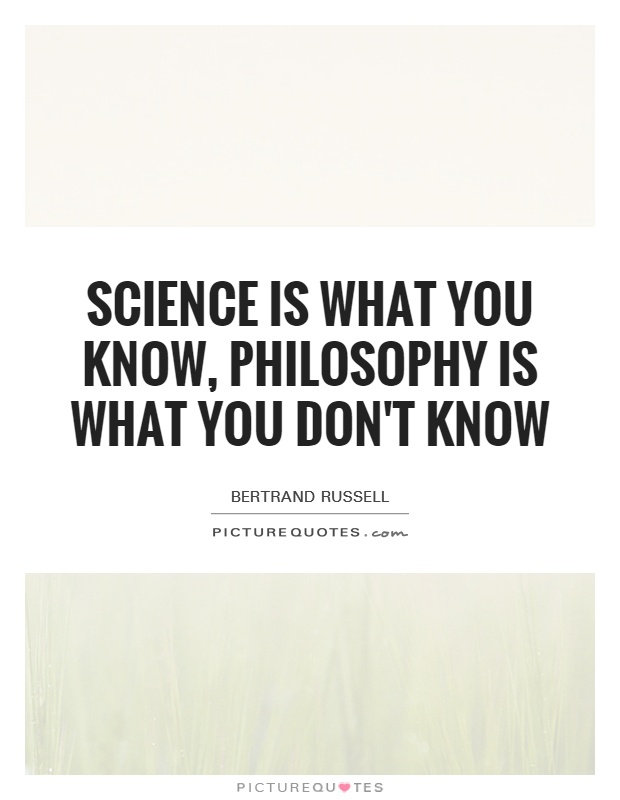
Science is what you know, philosophy is what you don't know
Bertrand Russell, a renowned philosopher and mathematician, once famously said, "Science is what you know, philosophy is what you don't know." This statement encapsulates the essence of the relationship between science and philosophy, highlighting the distinct yet complementary roles they play in our quest for knowledge and understanding of the world.Science is often associated with empirical observation, experimentation, and the systematic study of the natural world. It is concerned with uncovering facts, testing hypotheses, and building theories based on evidence. In this sense, science deals with what is known or can be known through observation and experimentation. It provides us with concrete explanations and predictions about the physical universe, allowing us to make sense of the world around us.
On the other hand, philosophy delves into the realm of the unknown, the abstract, and the speculative. It explores questions that lie beyond the scope of empirical science, such as the nature of reality, the meaning of life, and the existence of God. Philosophy seeks to understand the underlying principles and assumptions that govern our beliefs and actions, challenging us to think critically and reflect on the deeper aspects of human existence.
While science and philosophy may seem like distinct disciplines with different methodologies and goals, they are interconnected in many ways. Science relies on philosophical principles such as logic, epistemology, and metaphysics to guide its inquiry and interpretation of data. Philosophy, in turn, draws inspiration from scientific discoveries and theories to inform its own reflections on the nature of reality and the human condition.
Russell's statement underscores the complementary nature of science and philosophy in our pursuit of knowledge and understanding. While science provides us with empirical facts and explanations, philosophy invites us to question, speculate, and contemplate the mysteries that lie beyond our current understanding. Together, they offer a holistic approach to exploring the complexities of the universe and our place within it.
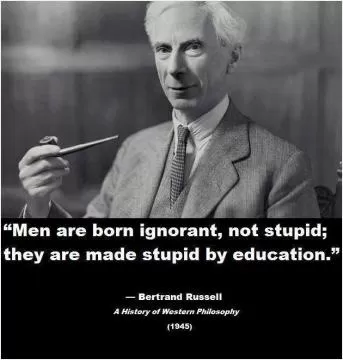


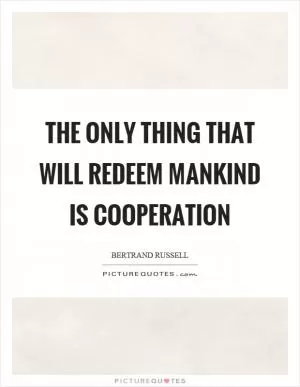

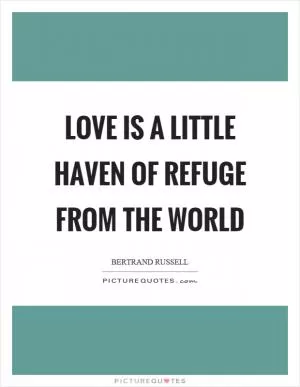
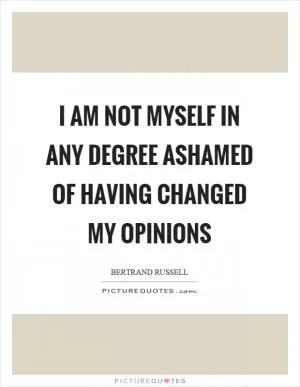


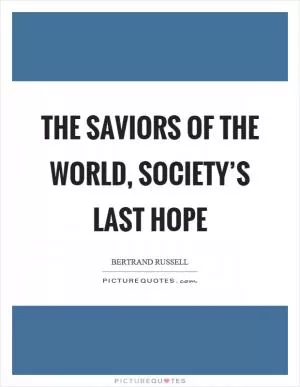


 Friendship Quotes
Friendship Quotes Love Quotes
Love Quotes Life Quotes
Life Quotes Funny Quotes
Funny Quotes Motivational Quotes
Motivational Quotes Inspirational Quotes
Inspirational Quotes